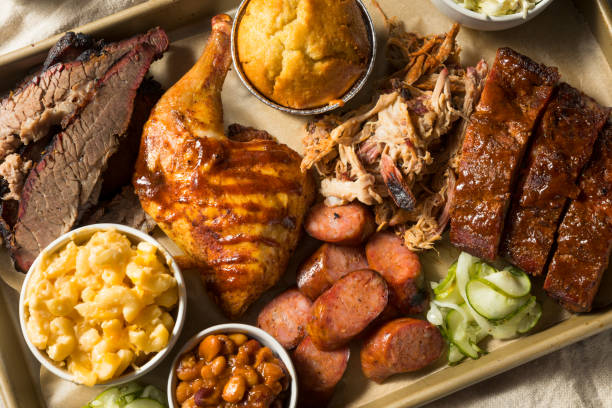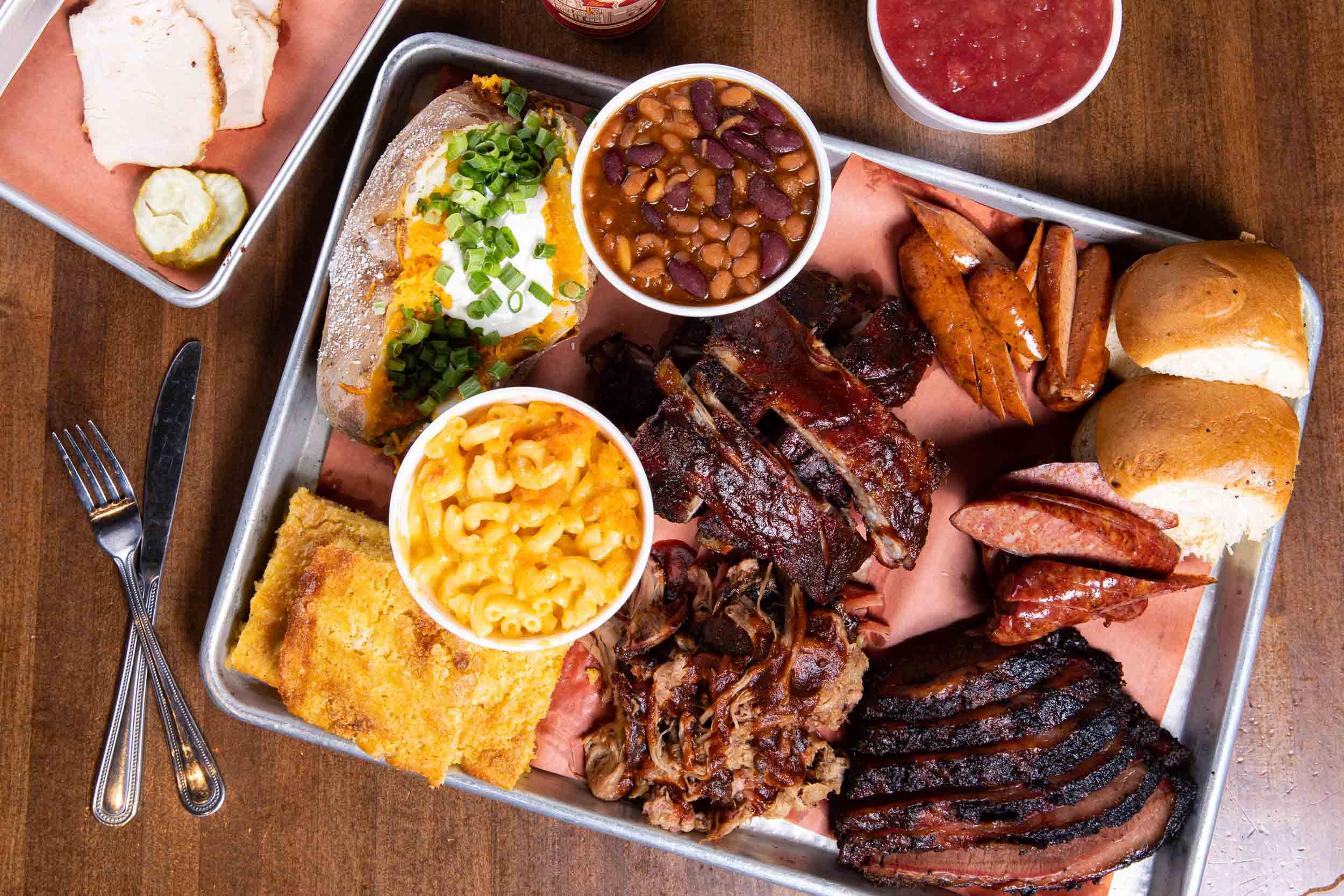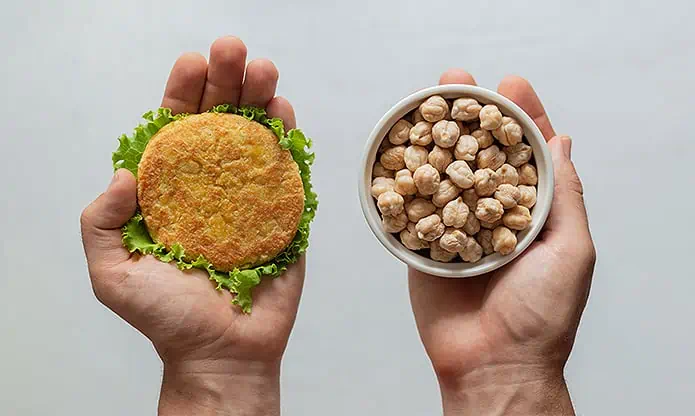Cultivated brisket
Brisket, a barbecue staple in Texas, is as synonymous with the Lone Star State as the Alamo and oil wells. An Austin company recently recognized as the state’s most innovative startup wants to elevate this barbecue staple to a new high-tech level.
BioBQ is working on technology to bring its lab-created, cell-cultured brisket to the market in 2023. The company made the Bloomberg news service’s new list of the 50 startups to watch in the U.S. — one startup for each state.

The co-founders of BioBQ are Austin native Katie Kam, a vegan with five college degrees (four from the University of Texas and one from Texas A&M University), and Janet Zoldan, a “hardcore carnivore” who’s a professor of biomedical engineering at UT. Kam is the CEO, and Zoldan is the chief science officer.
This kind of meat is genuine animal meat that’s produced by cultivating animal cells in a lab, according to the Good Food Institute.
“This production method eliminates the need to raise and farm animals for food. Cultivated meat is made of the same cell types arranged in the same or similar structure as animal tissues, thus replicating the sensory and nutritional profiles of conventional meat,” the institute says.
It turns that before becoming a vegan, Kam worked at the now-closed BB’s Smokehouse in Northwest Austin as a high school student. She’d chow down on sauce-slathered brisket and banana pudding during on-the-job breaks.
“But then over time, as I learned more about factory farming and could no longer make the distinction between my dogs and cats I loved and the animals that were on my plate, I decided to become vegan,” Kam writes on the BioBQ website.
Hearing about the 2013 rollout of the first cell-cultured hamburger set Kam off on her path toward starting BioBQ in 2018. Zoldan joined the startup as co-founder the following year.

Now, BioBQ aims to be the first company in the world to sell brisket and other barbecue meats, such as jerky, made from cultured cells rather than slaughtered animals.
According to BioBQ’s profile on the Crunchbase website, the startup relies on proprietary technology to efficiently produce meat products in weeks rather than the year or more it takes to raise and slaughter cattle. This process “allows control of meat content and taste, reduces environmental impacts of meat production, and takes BBQ to the next tasty, sustainable level consumers want,” the profile says.
In 2020, Texas Monthly writer Daniel Vaughn questioned BioBQ’s premise.
He wrote that “there is something about the idea of lab-grown brisket that keeps bothering me, and it has nothing to do with science fiction. If you could design any cut of beef from scratch, why choose one that’s so difficult to make delicious? Why not a whole steer’s worth of ribeyes?”
Kam offered a very entrepreneur-like response.

“I’m from Austin, and I know that brisket’s kind of a big deal here,” Kam told Vaughn. “It seemed like a great, challenging meat to demonstrate this technology working.”
Meanwhile, Zoldan came up with a more marketing-slanted reaction to Vaughn’s bewilderment.
“I don’t think cell-based meats will take over the market, but I think there’s a place for it on the market,” Zoldan she told Vaughn.








